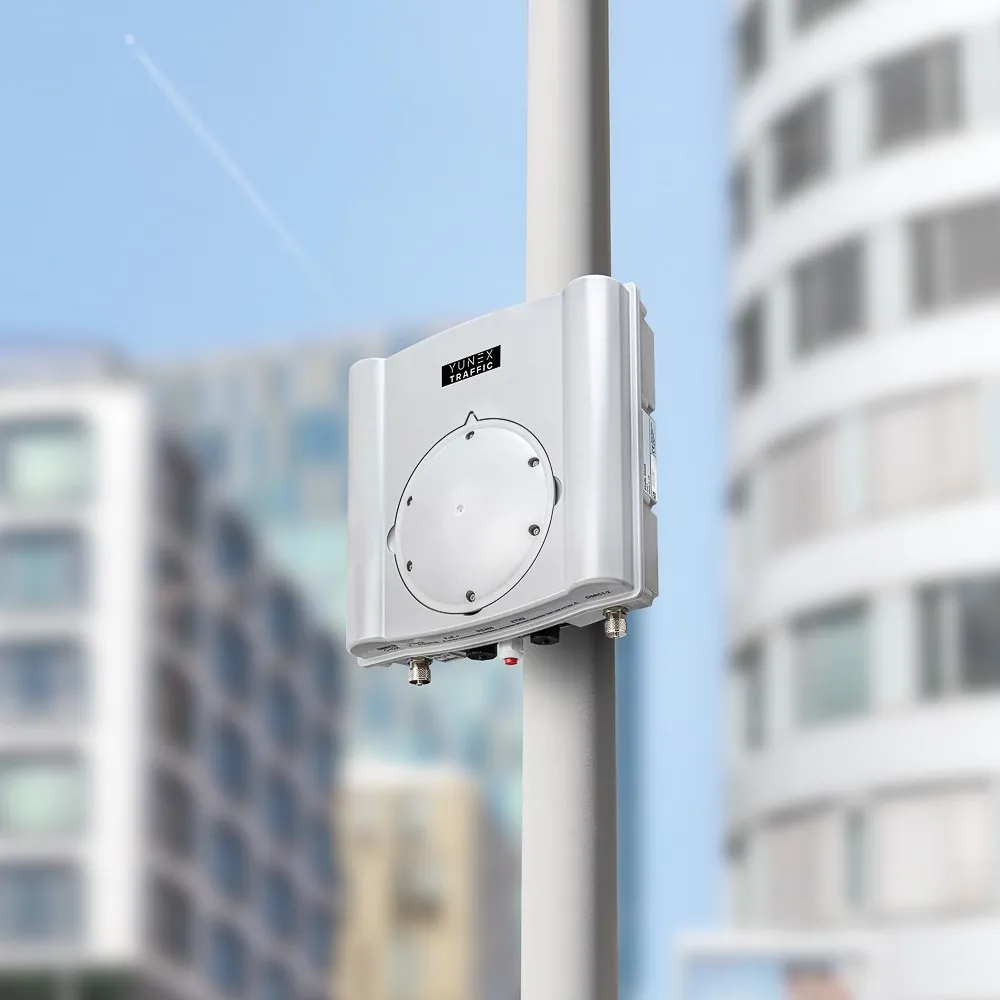
Cohda Wireless has installed its on-board units (OBUs) in 500 vehicles operating in Australia's Ipswich Connected Vehicle Pilot (ICVP).
ICVP is testing connected vehicles (CVs) and infrastructure on public roads as part of a collaboration delivered by the Department of Transport and Main Roads and the Queensland University of Technology.
Cohda says its MK5H OBUs will allow the vehicles to communicate with each other and roadside infrastructure.
Cohda's CEO Paul Gray says: “Large trials such as the ICVP make other road transport authorities sit up and take notice and we certainly encourage decision-makers across Australia and the world to consider their progress so that they don’t get left behind.”
Gray reveals the technology involved in the trial encompasses dedicated short-range communications (DSRC) Vehicle to Everything (V2X) technology as well as real-time kinematic (RTK) vehicle positioning.
“The trial is also fully compliant from a cybersecurity perspective with data managed in the cloud in accordance with the relevant safety standards,” Gray adds.
ICVP is also expected to showcase the interoperability of technologies that will contribute to the development of cooperative intelligent transport systems.
“In summary, ICVP is a model C-ITS deployment delivering on safety applications which encompasses Vehicle to Vehicle and Vehicle to Infrastructure interoperability,” Gray continues.
“The trial is very comprehensive from a technical perspective, reflecting the most contemporary approach possible, including cellular, HMI, cyber security, RTK location enhancement with data management in the cloud.”
Queensland transport and main roads minister Mark Bailey says the study would put emerging CV technologies to the test.
"In Queensland between 1 January and 15 September 2020, there were 183 fatalities as a result of crashes, which is 30 greater than for the same period in 2019 and fifteen greater than the previous five-year average,” he continues.
“Pilot programmes like the ICVP are crucial to explore the safety benefits of emerging vehicle technologies and work to help reduce lives lost on our roads.”
The pilot will test whether connecting the vehicle to real-time information will help the driver make better decisions such as stopping in time for an upcoming red light.
“For example, a driver could be given early advice of upcoming roadworks, or that they are approaching the back of a motorway queue,” Bailey concludes.
Other participants involved in ICVP include iMove Australia, Ipswich City Council and the Department of Infrastructure, Transport, Regional Development and Communications.










